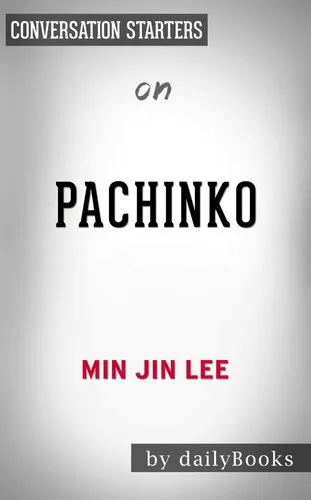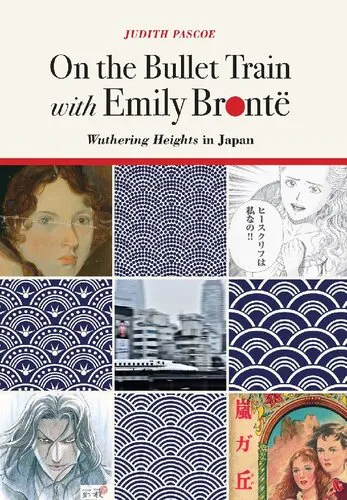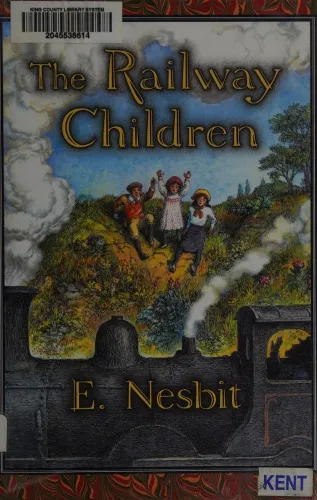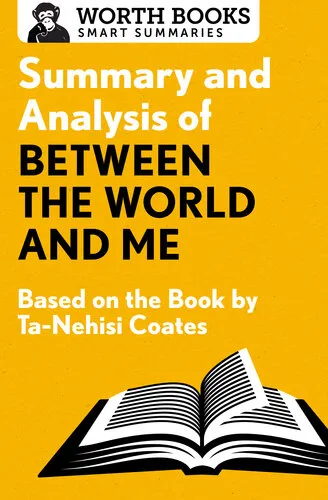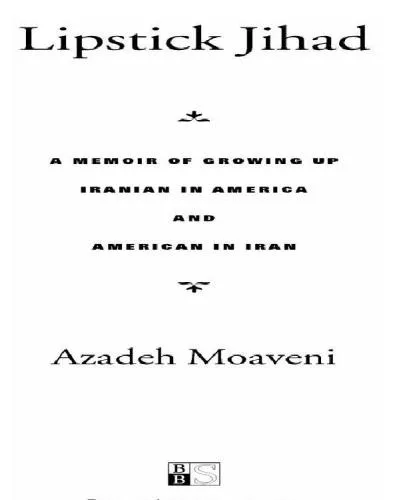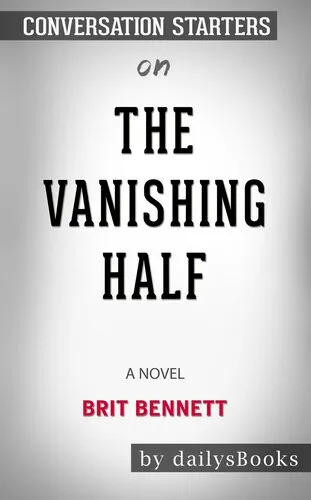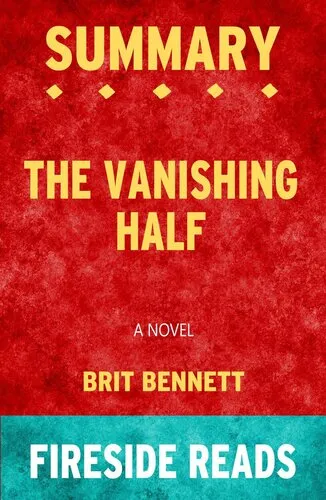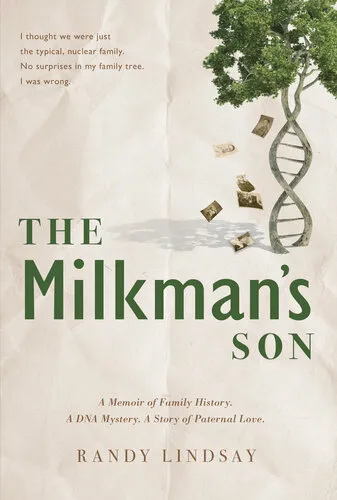Pachinko--by Min Jin Lee | Conversation Starters
4.3
Reviews from our users

You Can Ask your questions from this book's AI after Login
Each download or ask from book AI costs 2 points. To earn more free points, please visit the Points Guide Page and complete some valuable actions.Related Refrences:
Welcome to "Pachinko--by Min Jin Lee | Conversation Starters," a richly crafted text aimed at igniting stimulating discussions around Min Jin Lee's celebrated novel, "Pachinko". This guide not only provides a detailed examination of the book's themes, characters, and narrative arcs but also offers insightful perspectives to enhance your reading experience. With each section meticulously designed to delve deeper into Lee's storytelling, this book paves the way for engaging conversations and thoughtful reflection.
Detailed Summary of the Book
Min Jin Lee's "Pachinko" is a compelling historical fiction narrative that unfurls across four generations, set against the backdrop of early 20th-century Korea and Japan. The novel begins in the early 1900s with Sunja, the daughter of a humble fisherman in Korea. Her unexpected pregnancy by a wealthy married man sets in motion a chain of events that lead her to find refuge through marriage to an earnest but sickly minister, Baek Isak. Together, they migrate to Japan, embarking on a journey of hardship, confrontation, and endurance in a foreign land. The narrative encompasses themes of identity, cultural assimilation, and prejudice as Sunja's descendants navigate their lives in a country that views them as outsiders. With each generation, the novel meticulously portrays the family's relentless struggle for survival amid societal constraints and racial discrimination. Through a vivid portrayal of personal triumphs and losses, "Pachinko" exposes the complexity and resilience embedded in the human spirit.
Key Takeaways
"Pachinko" is more than a family saga; it is a profound exploration of identity, belonging, and resilience. It casts a spotlight on the experiences of Korean immigrants in Japan, revealing the systemic oppression they faced and still endure. Key takeaways include understanding the intricacies of cultural assimilation and the lasting impact of colonialism and diaspora on identity. The novel illustrates the relentless pursuit for dignity and respect in a land that continuously challenges their existence, portraying a universal tale of aspiration against the odds. It challenges readers to reflect on the inherited trauma and resilience that shape generations.
Famous Quotes from the Book
Min Jin Lee's masterful crafting of dialogue and insight is echoed in several poignant quotes throughout "Pachinko". Here are a few that resonate deeply:
"There was more to being something than just blood."
"Living everyday in the presence of those who refuse to acknowledge your humanity takes great courage."
"History has failed us, but no matter."
These quotes underscore the themes of identity, resilience, and historical struggle that permeate the novel, offering stark insights into the intricate tapestry of human experience.
Why This Book Matters
"Pachinko" stands out as a monumental work that brings attention to an often overlooked cultural narrative—the plight of Koreans in Japan. This novel holds substantial historical significance, educating readers about the historical contexts that shape contemporary societal dynamics. Its intricate portrayal of intergenerational stories resonates with the universal human experience, emphasizing the themes of sacrifice, love, and the search for a hopeful future. The book matters because it challenges readers to confront issues of racism, xenophobia, and cultural identity while offering a platform for empathy and awareness. Min Jin Lee's eloquent storytelling and deep character development make "Pachinko" an essential read for anyone looking to understand the resilience of the human spirit amidst life's adversities.
Free Direct Download
You Can Download this book after Login
Accessing books through legal platforms and public libraries not only supports the rights of authors and publishers but also contributes to the sustainability of reading culture. Before downloading, please take a moment to consider these options.
Find this book on other platforms:
WorldCat helps you find books in libraries worldwide.
See ratings, reviews, and discussions on Goodreads.
Find and buy rare or used books on AbeBooks.
1491
بازدید4.3
امتیاز0
نظر98%
رضایتReviews:
4.3
Based on 0 users review
Questions & Answers
Ask questions about this book or help others by answering
No questions yet. Be the first to ask!
